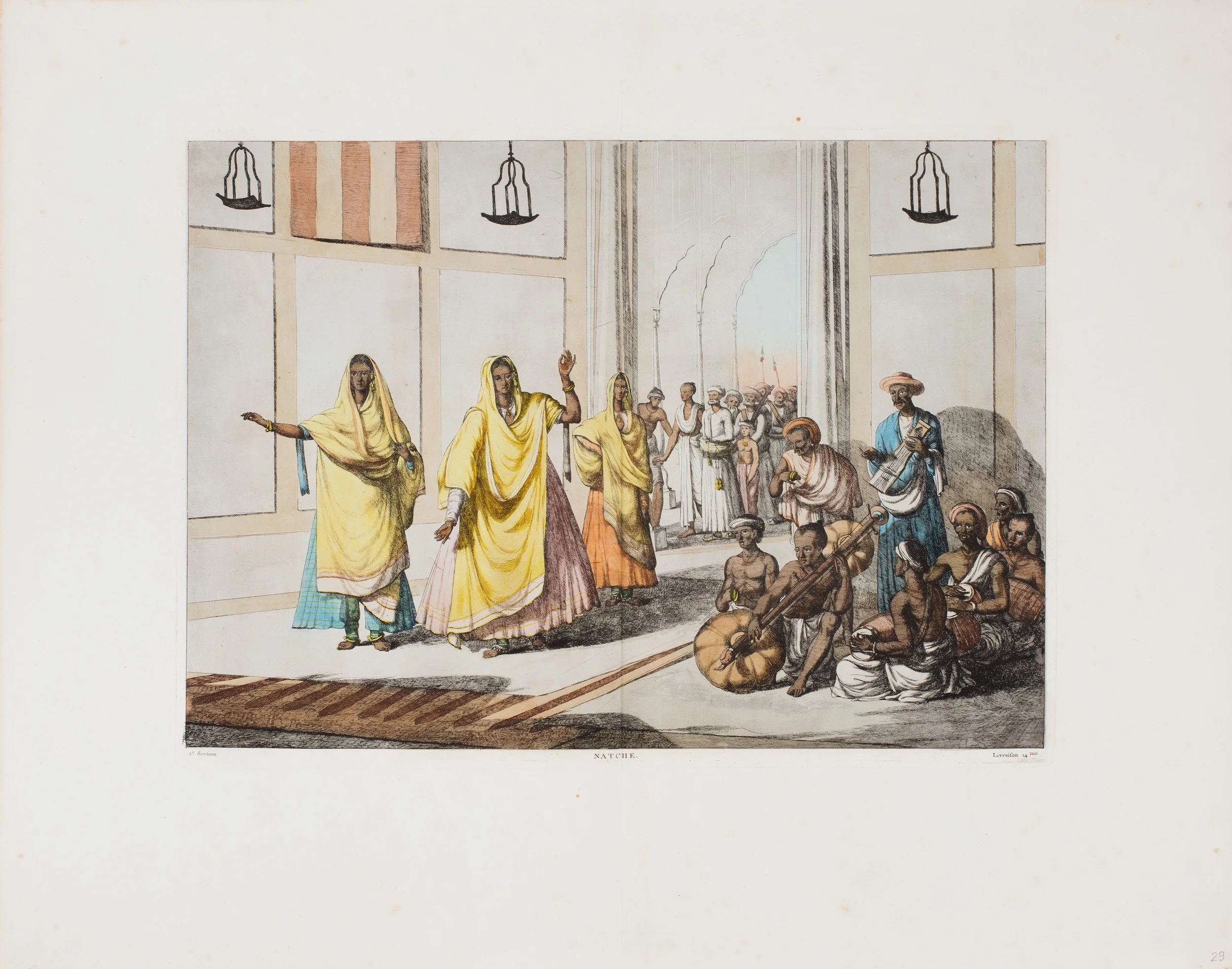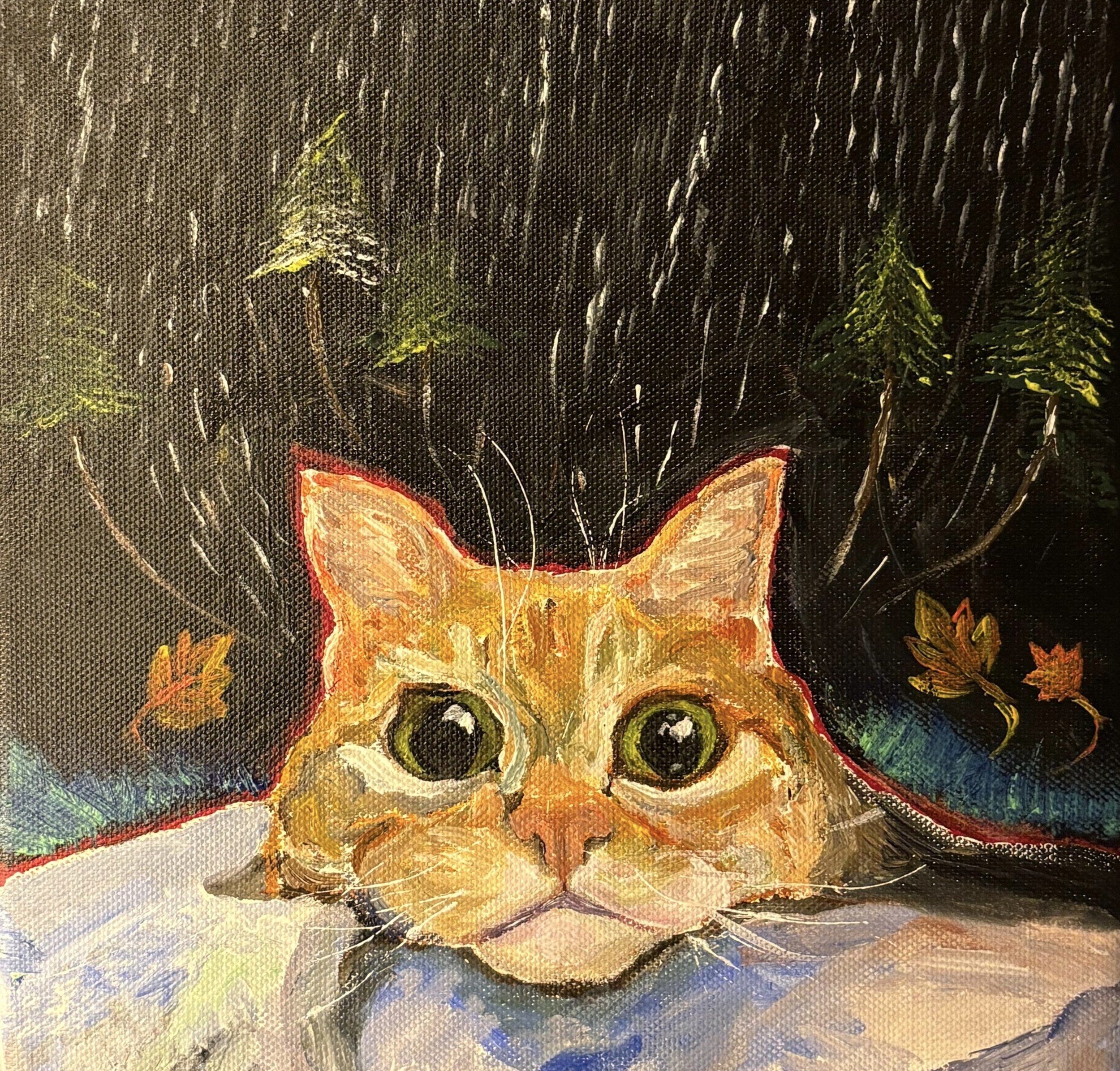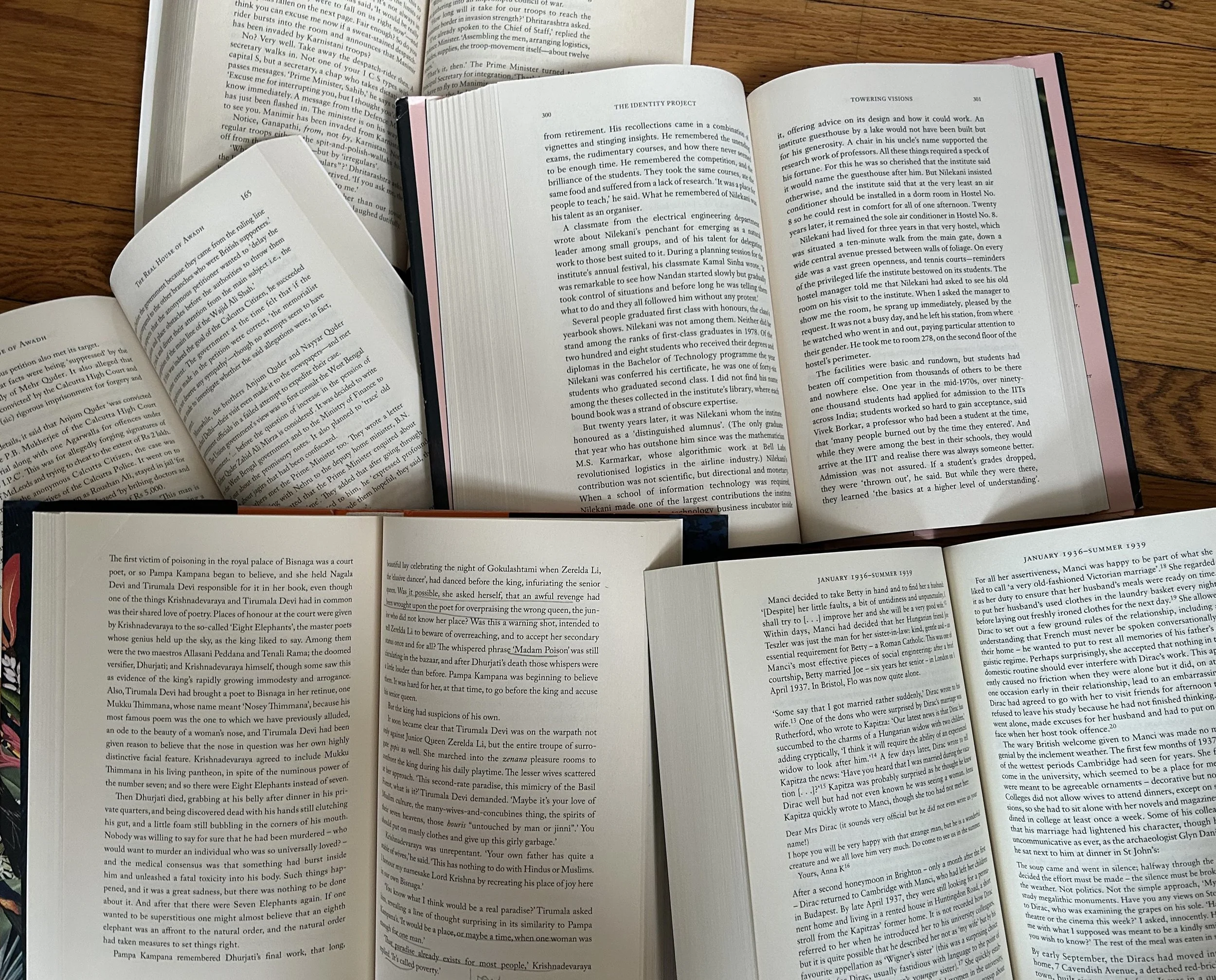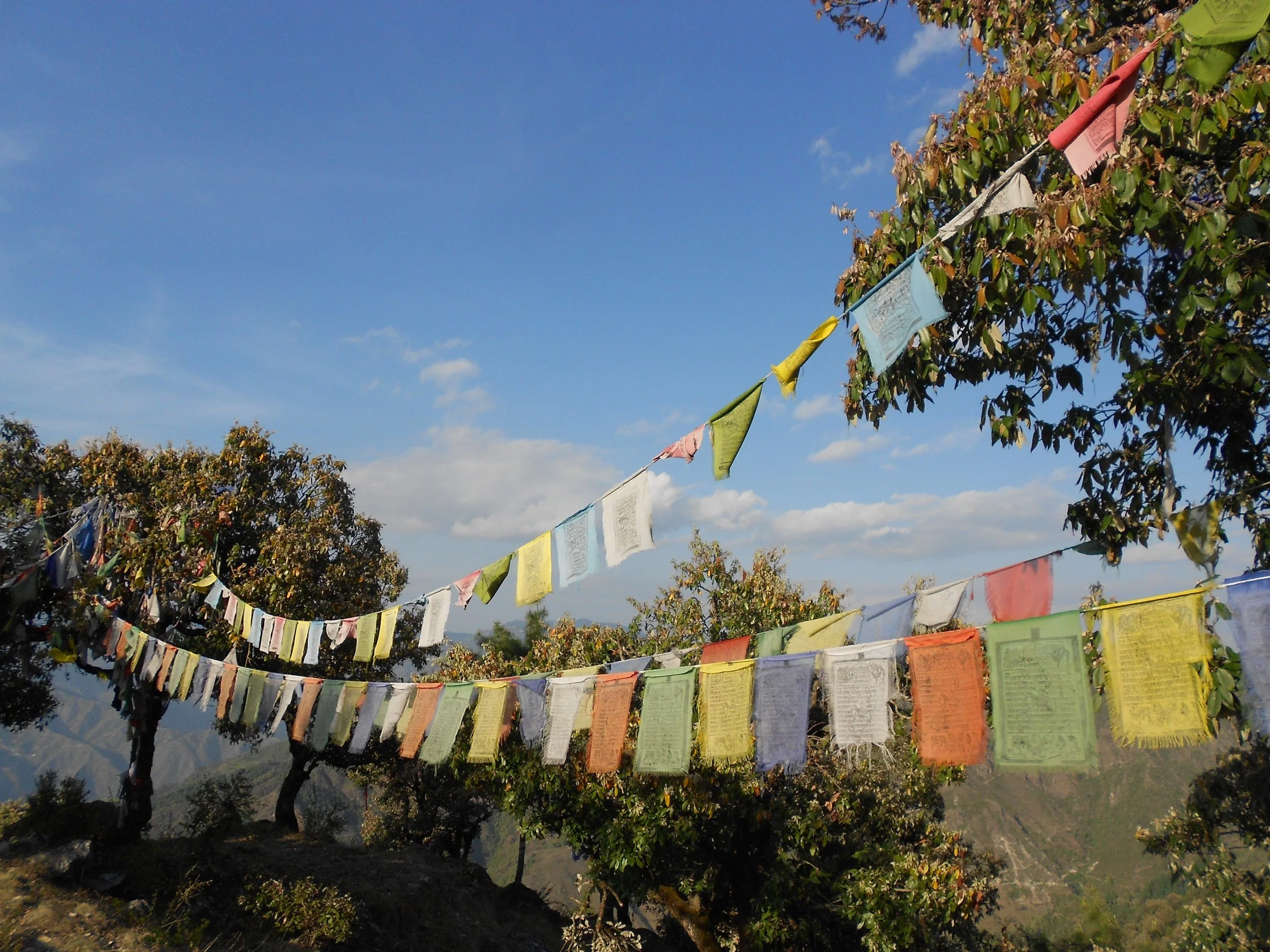Rounak Maiti’s Confrontation with Home, the World, and the Self
In Brute Face/Home Truth (2025), Rounak Maiti presents a personal, cathartic album, with a dizzying soundscape that remains unbound by the constructs of genre. By Saptaparna Samajdar
What Ed Sheeran’s “Sapphire” gets right about representing India
From Coldplay’s misguided “Hymn for the Weekend” to Ed Sheeran’s collaborative “Sapphire,” Akankshya Abismruta celebrates a new kind of cultural synthesis between the West and the East.
The Words Between Us
Personal Essay by Namrata: ‘Language is meant to bring us closer. To help us say: I see you. I want to understand you. I care enough to learn your words. And when we turn language into a line in the sand and use it to exclude, to shame, to assert dominance, we forget its most sacred purpose: to connect.’
Houses, Apartments, and Visions of a New Indian Home
As a generation of Indians move from living in houses to apartments, Vipin Labroo argues that we must envision our new spaces to reflect better synthesis with the rhythms of nature, the way that our traditional homes once were.
How to Cook up a Cartel
Even with its feminist gaze, Dabba Cartel’s biggest win is how it resists baking its narrative with one-note markers of gender and social identity. The result is a batch of hungry women out to hunt—sinking their teeth in this world to devour it to their heart’s content. By Sneha Bengani
The many dichotomies of ALL WE IMAGINE AS LIGHT
Age and youth, love found and love lost, a city of excess and a city of scarcity—Sarthak Parashar examines the many contrasts balanced by Payal Kapadia in the acclaimed All We Imagine As Light (2024).
Fate, Fortune, and a Life-Affirming Encounter with the Work of Navjot Altaf
Essay by Tansy Troy: ‘As arresting now as when first sculpted, Navjot’s contemplation of the feminine form is no less contemporary, no less urgent to consider than when she created the red-and-blue lady thirty years ago.’
The ‘Sentinels’ of Tomorrow
With a major national robotics win, two Mumbai teenagers take their creation to the World Robotics Olympiad. Their accomplishment could pave the way for more future leaders from India in the fields of science and technology. By Bushra Satkhed
The Legend of Café Samovar, Mumbai’s Melting Pot of Cozy Camaraderie
Nivedita Dey recalls the glory days of Mumbai’s bygone Cafe Samovar, where for decades, friends, family, strangers, students, lawyers, homemakers, thinkers, creative souls, Bollywood icons, Marxists, liberals, and more diverse groups of humans huddled over cups of cutting chai.
The City Must Die Before It’s Reborn: Varun Thomas Mathew’s THE BLACK DWARVES OF THE GOOD LITTLE BAY
The dystopian universe of Varun Thomas Mathew’s The Black Dwarves of the Good Little Bay (2019) is a prophetic chronicling of crisis as a condition of existence, and the contingency of truth as a mode of knowing or bearing witness to crisis. By Paromita Patranobish
Cities That Walked – An Excerpt
Fiction by Adrija Chatterjee: ‘For twenty-eight consecutive days, there had been no phone call from Oli’s house, from Ravti. You understand how the grave the situation is, an already unelectrified village, perhaps now shrouded in some unimaginable stillness.’
Jyoti Dogra’s MAAS: The Body and Its Desires
Delivered with humour and discomfort, Jyoti Dagra’s solo performance Maas examines the politics of beauty and its intersections with social media, the public and the private gaze, and our capitalist society’s conception of female beauty. By Prerna S.















